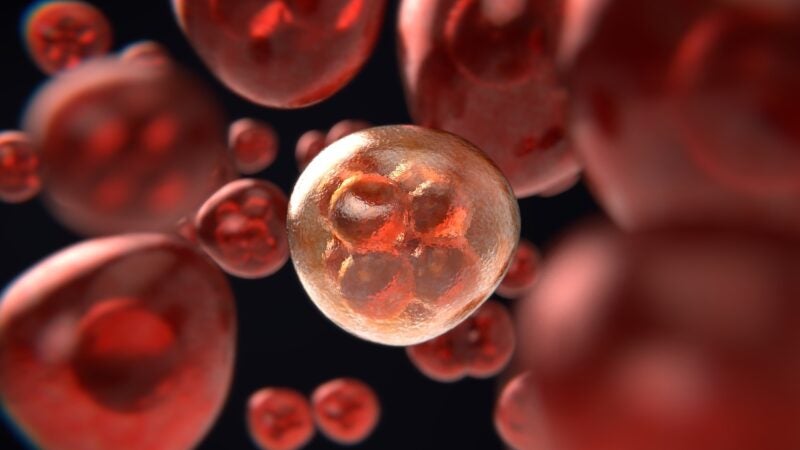
SeaStar Medical said that the US Food and Drug Administration’s (FDA) Center for Biologics Evaluation and Research (CBER) has issued an approvable letter to its Selective Cytopheretic Device Paediatric (SCD-PED) for certain paediatric patients.
The SCD is a patented, cell-directed, extracorporeal device intended to be used as an additional therapy.
It is designed to selectively target and transition pro-inflammatory monocytes to aid with reparative processes and lessen the damaging and acute inflammatory effects of activated neutrophils.
The FDA’s approvable letter is for the use of SCD in children who are 10kgs or more in weight with acute kidney injury (AKI) and sepsis or a septic condition that needs continuous kidney replacement therapy (CKRT) in the hospital intensive care unit (ICU).
The approvable letter has revisions to SCD-PED’s labelling and minor modifications to the post-approval study plan. SeaStar Medical intends to work closely with the health regulator to complete the action items in the coming weeks.
SeaStar Medical CEO Eric Schlorff said: “We are well on our way to commercialising SeaStar Medical’s Selective Cytopheretic Device (SCD) in the first of what we believe will be multiple high-value indications where dysregulated inflammation plays a role.
“Our pivotal trial in critically ill adults with AKI is progressing well with the goal of the SCD becoming the standard of care for AKI in the ICU.
“In addition to adult AKI, we have recently received Breakthrough Device Designations for the SCD in both cardiorenal syndrome and hepatorenal syndrome, which should expedite the clinical development and regulatory review of the SCD for use in these indications.”
In a pooled analysis from two non-controlled studies, SCD-PED-01 and SCD-PED-02, the SCD showed no serious adverse events or related infections in paediatric patients ≥10 kg with AKI requiring CKRT.
Additionally, the device demonstrated a 77% reduction in mortality, and no dialysis dependency at Day 60.
The SCD-PED-01 trial, which included children weighing ≥15 kg, and PED-02, which included patients ≥10 kg, showed reductions in mortality of 75% and 83%, respectively.
SeaStar Medical anticipates starting SCD’s commercialisation by the end of this year or the first quarter of 2024.



